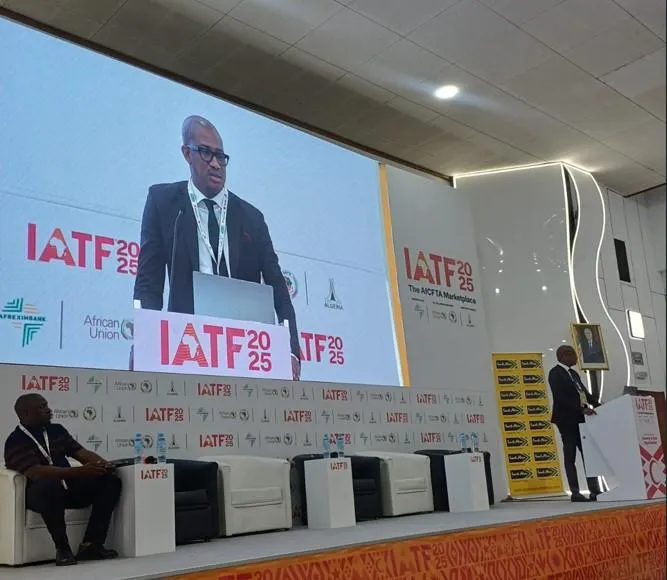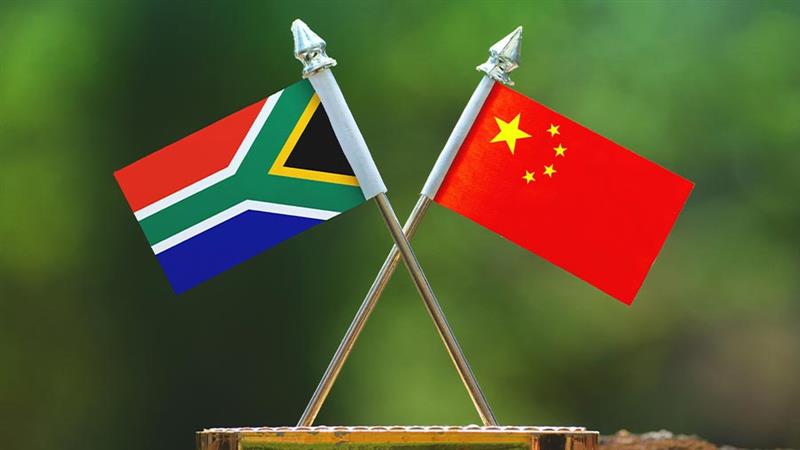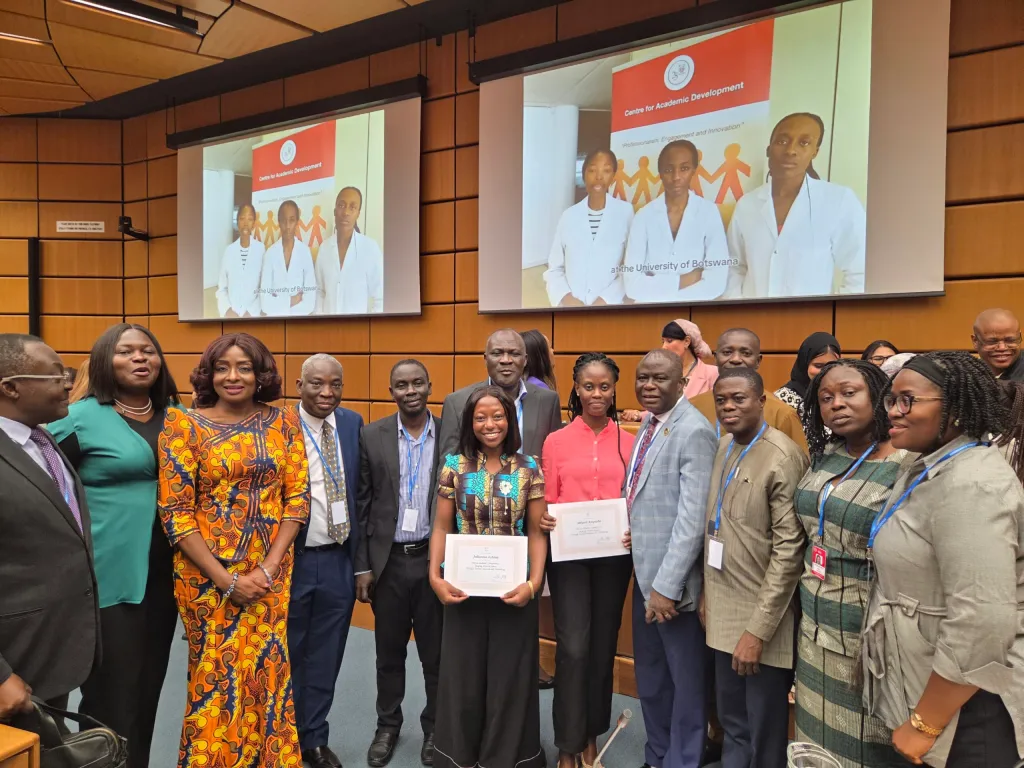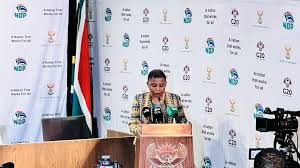Energy Other

Energy cooperation with China to boost Africa's green transition

Experts and officials highlight that energy cooperation between China and Africa is poised to significantly boost the continent's green transition. This collaboration, deepening as the G20 summit convenes in South Africa, is centered on accelerating renewable energy development, reducing technology costs, and enhancing capacity building and skills transfer. The partnership aims to place Africa at the center of the global climate and industrial transformation.
The economic relationship is a key driver, with China being a leading source of Africa's imported green goods and South Africa being a major exporter and importer within the continent. This positions both nations as pivotal players. China's cooperation, particularly through the Belt and Road Initiative, has already led to major renewable energy infrastructure projects, such as wind, solar, and hydro power plants, taking root across Africa.
Socrates Majune, an economist at the University of Nairobi, emphasizes that this partnership could foster an inclusive energy transition by focusing on accessible and decentralized clean energy projects. He notes that China's energy investments are clustered in resource-rich states, especially in southern Africa, creating a growing link between natural resources and infrastructure development.
Melha Rout Biel, executive director of a South Sudanese policy institute, describes the China-South Africa partnership as a critical cooperation that should be expanded. He argues that by combining China's technological expertise with Africa's vast renewable resources, this collaboration can accelerate the continent's shift from resource dependence to green industrialization, creating jobs and ensuring development is both sustainable and self-driven.
From a South African government perspective, Deputy Minister of Electricity and Energy Samantha Graham-Mare frames the energy transition as an economic imperative, not just an environmental one. She stresses that Africa must use its solar and wind potential to manufacture green products and build industrialization hubs, which requires aligning industrial, energy, and trade policies.
Graham-Mare underscores that G20 leadership is vital for this vision, calling for predictable climate finance, open trade for low-carbon goods, and co-investment platforms. She firmly states that Africa's industrial future "will not be imported," highlighting a commitment to self-driven development supported by international cooperation.
Amid this, Amith Sanjith Singh of Nedbank points out the urgent need for action, noting that over 600 million Africans lack electricity. He states the G20 has a clear responsibility to dismantle investment barriers by improving the creditworthiness of utilities, advancing regulatory reforms, and deepening local capital markets to complete the continent's growth story.












